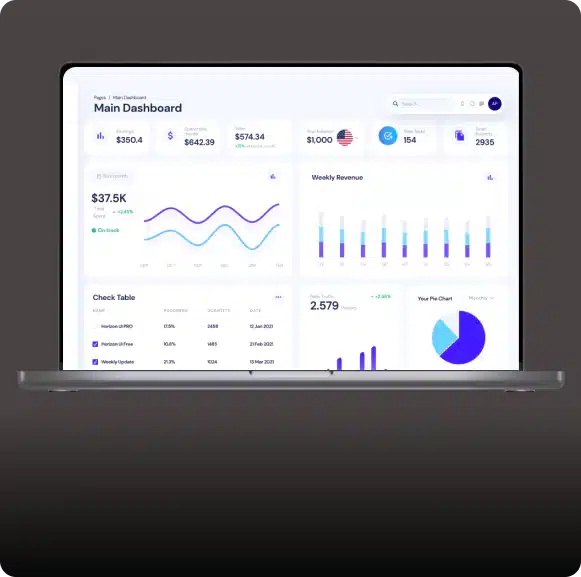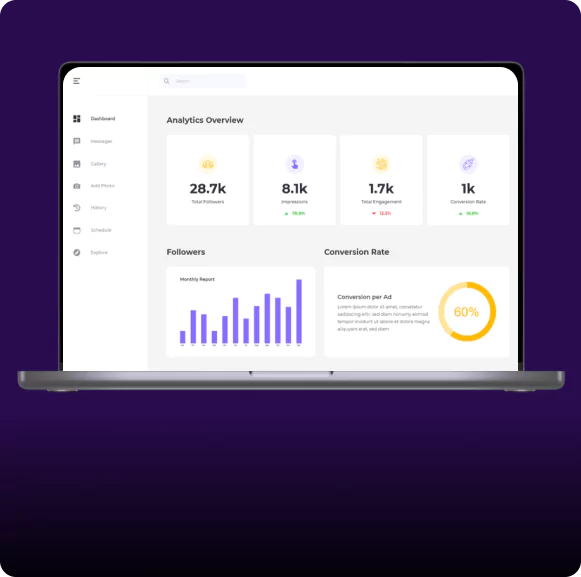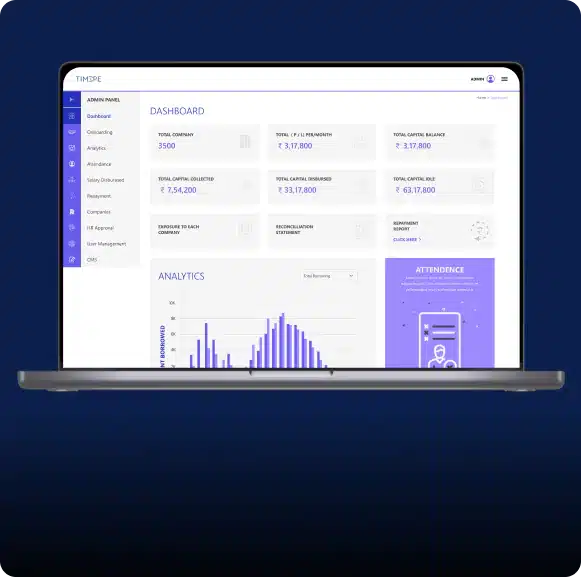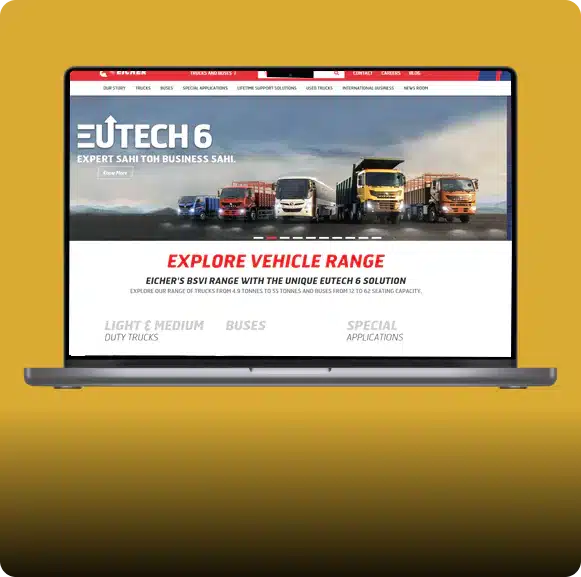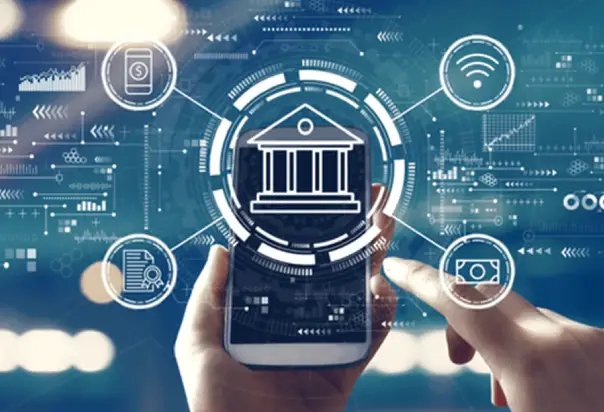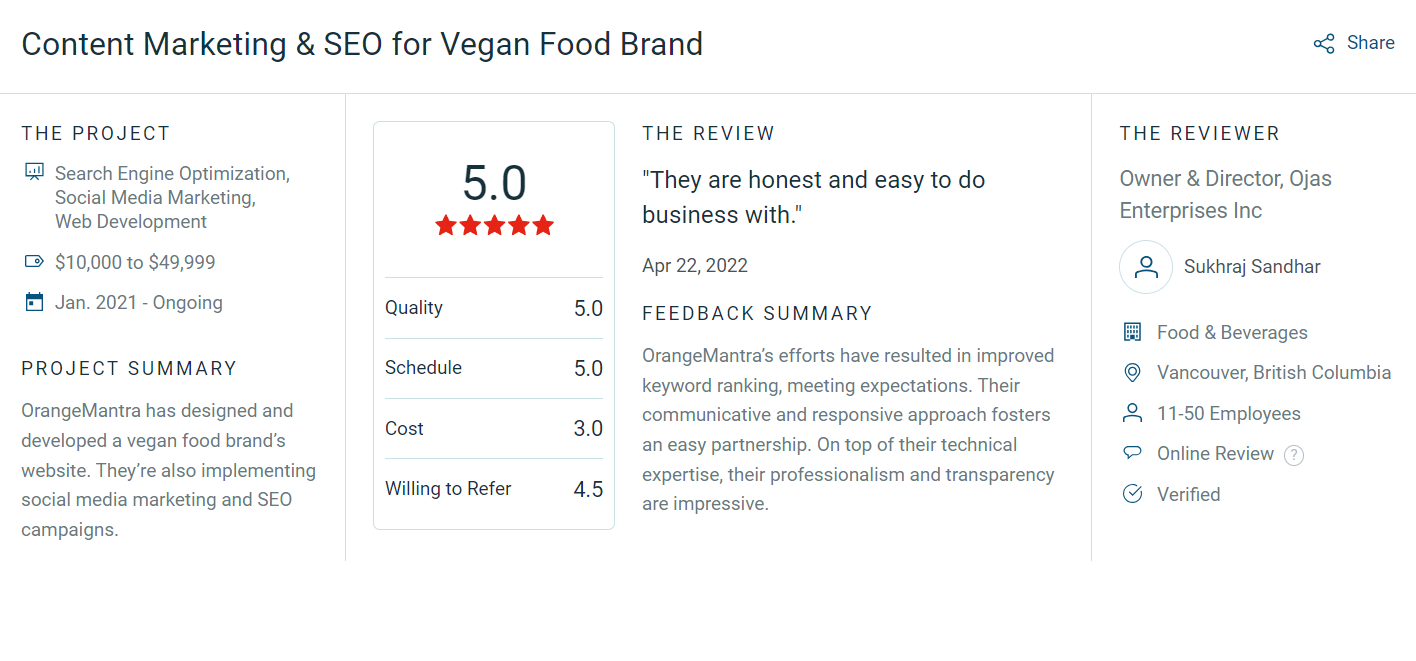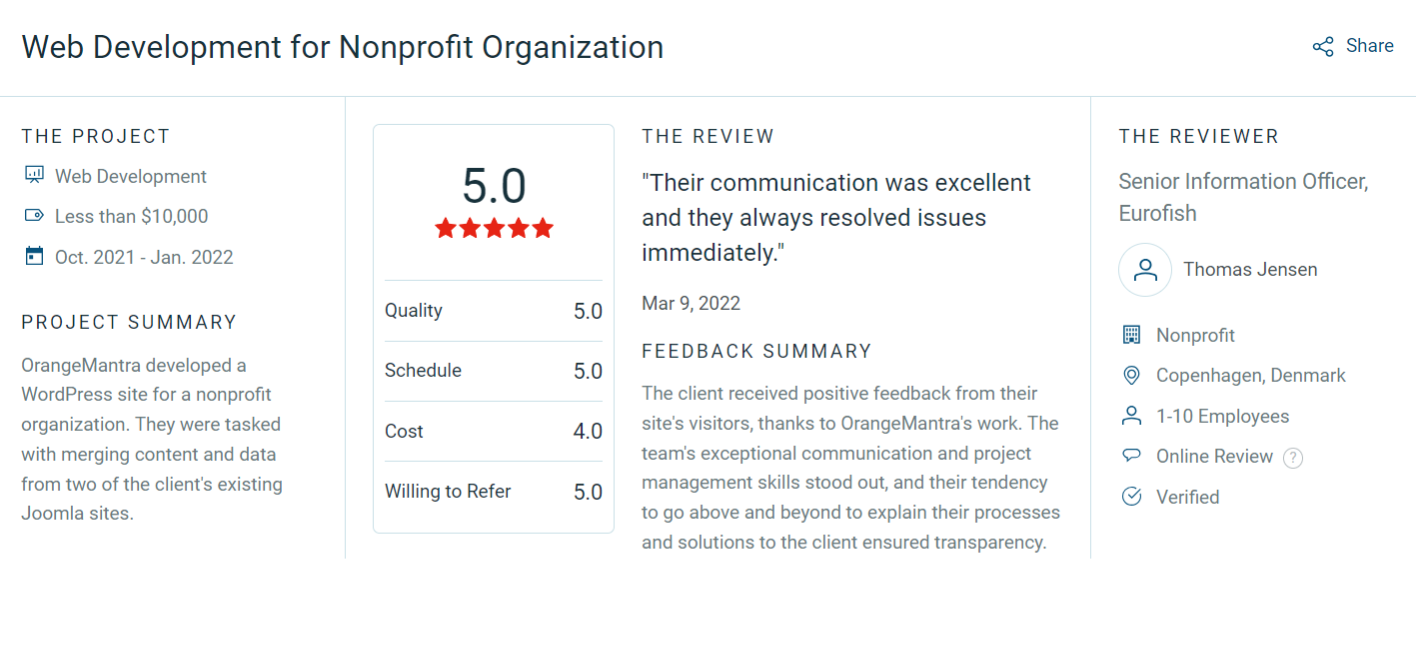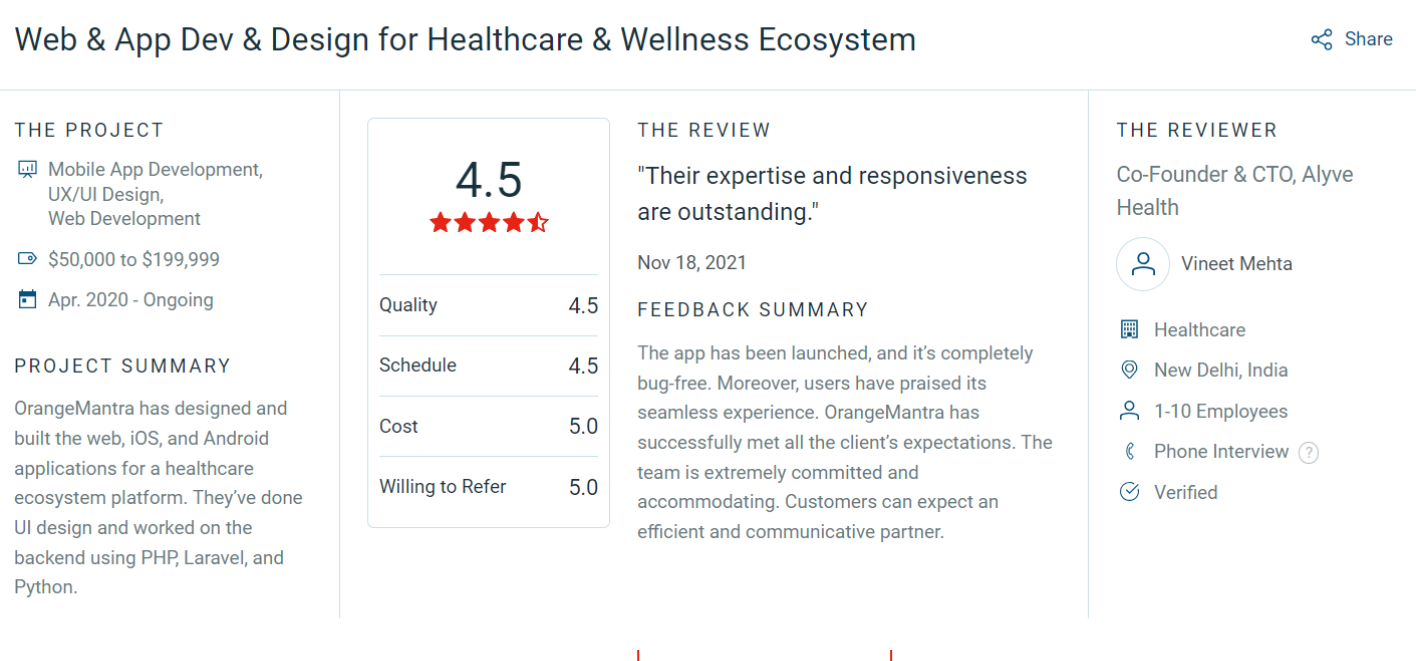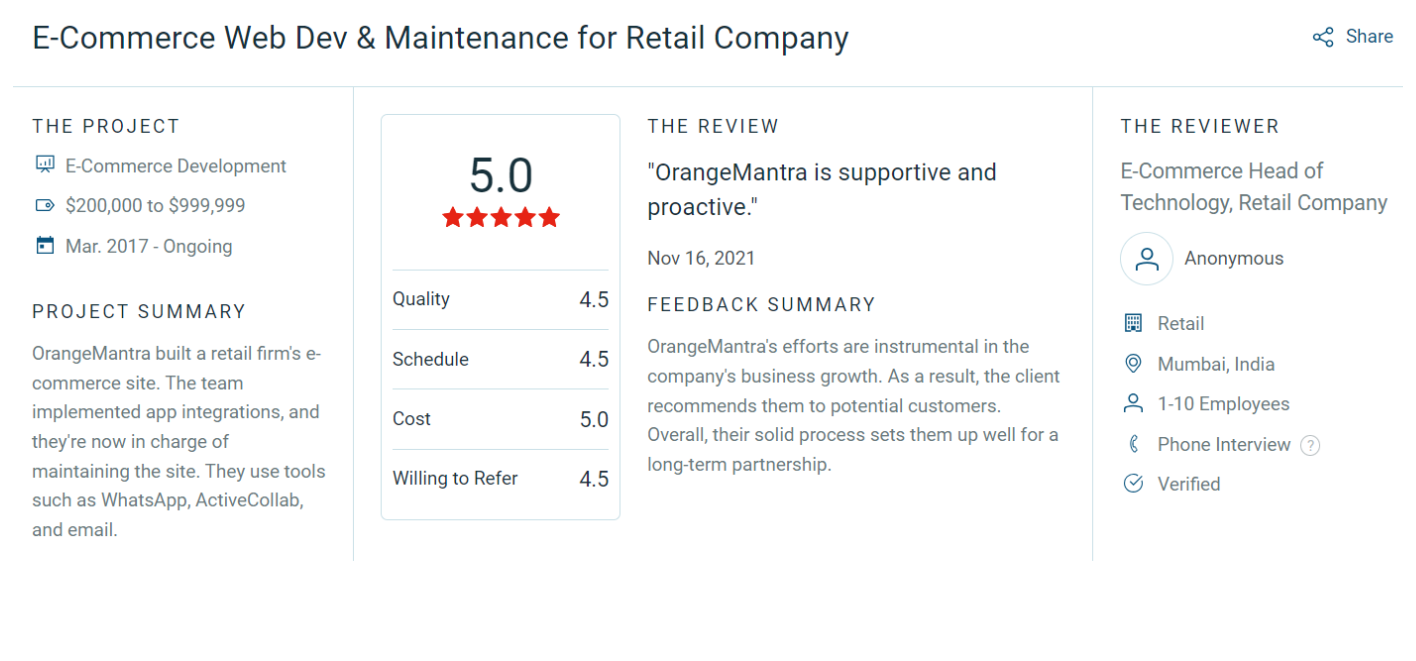
Custom E-commerce Solution for Selling TVS Merchandise and Accessories
TVS Motor Company a reputed two-wheeler manufacturer brand was looking for an eCommerce solution for business expansion and increase sales of merchandise. They partnered with OrangeMantra to build an immersive and easy to navigate online platform.


Next Gen Web Solution for India’s Top Two-Wheeler Manufacturer
Our client Hero MotoCorp is an Indian two-wheeler manufacturing company. The brand offers a wide collection of two-wheelers to ensure riding comfort, style, and cost-effectiveness.


Automated Solution For World's Largest Furniture Retailer - IKEA
IKEA a leading furniture retailer was looking to develop a kiosk application to showcase their product catalogue. They need a solution to help walk-in customers go through the store’s product catalogs right from the kiosk installed at the retail outlet.
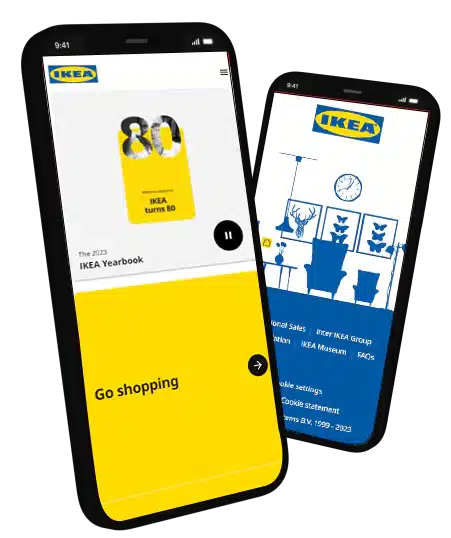

Reshaping Digital Commerce And Post-Sales Service for Panasonic
Panasonic wanted to revamp the platform for delivering efficient performance and superior UX. To meet their objective, a more tech-savvy and user-focused marketplace solution resulted in an intuitive customer experience, better sales, and higher ROI.

 Digitally Transforming and Accelerating Business
Digitally Transforming and Accelerating Business 





















